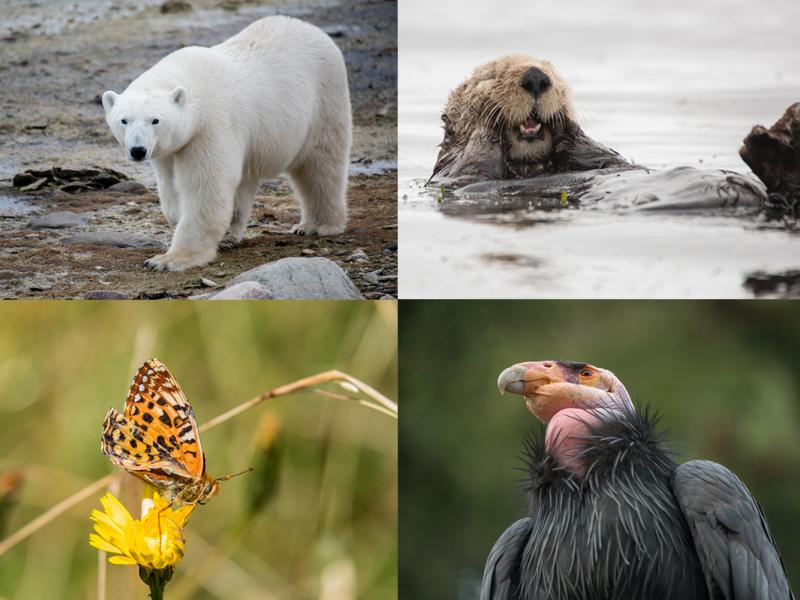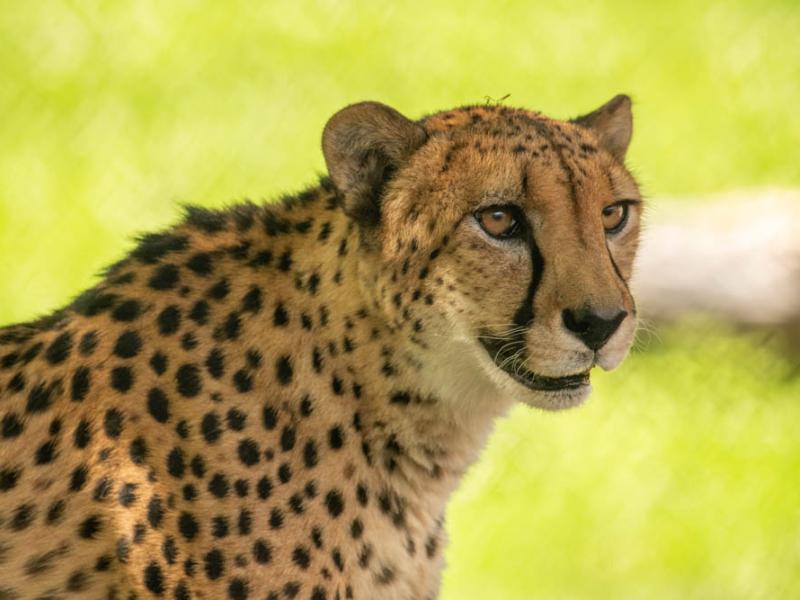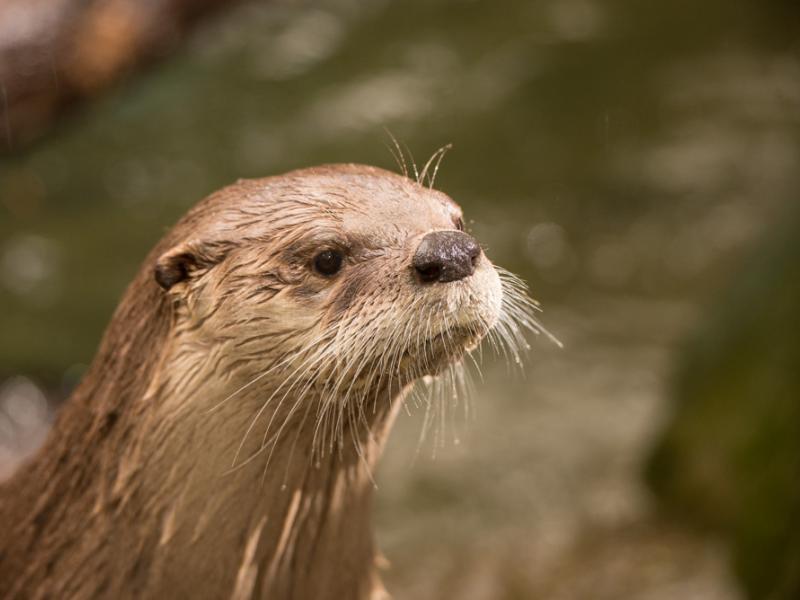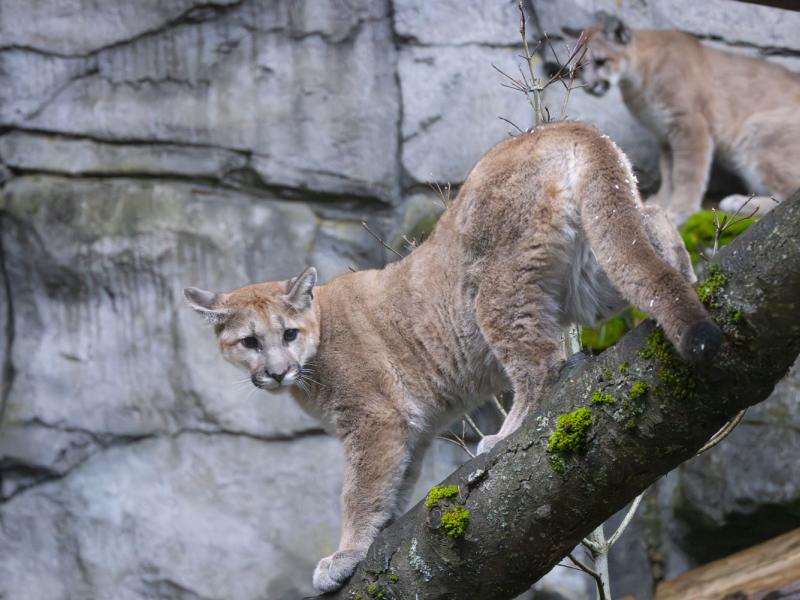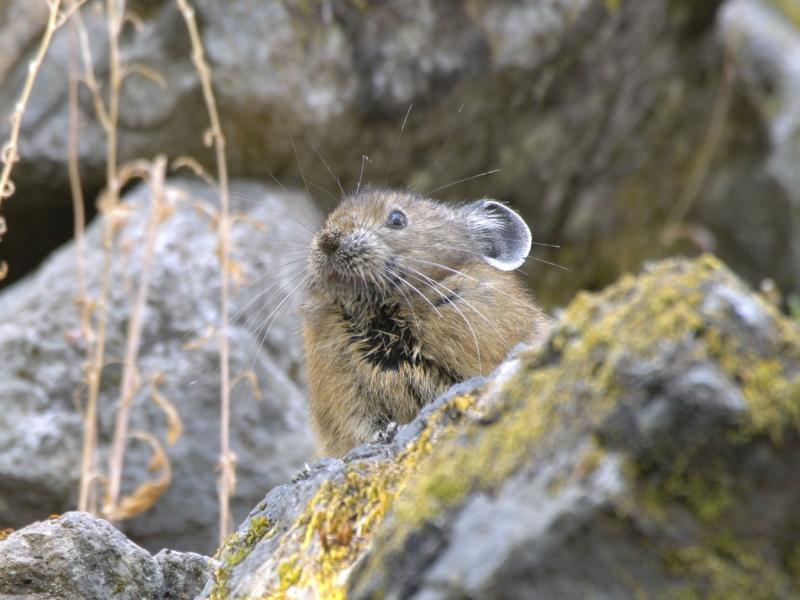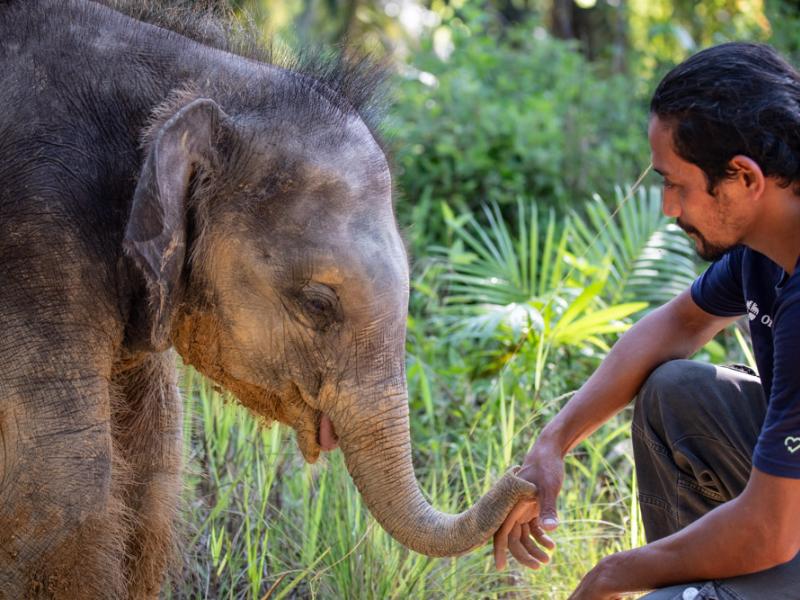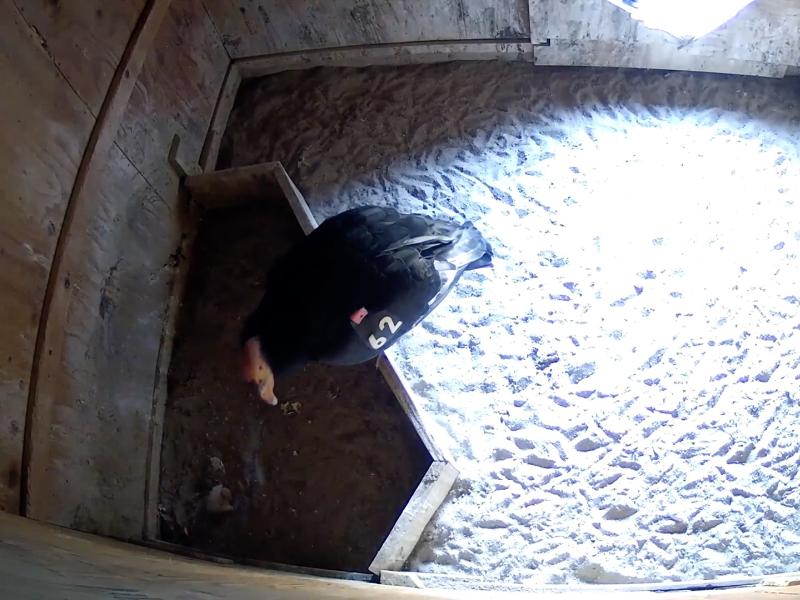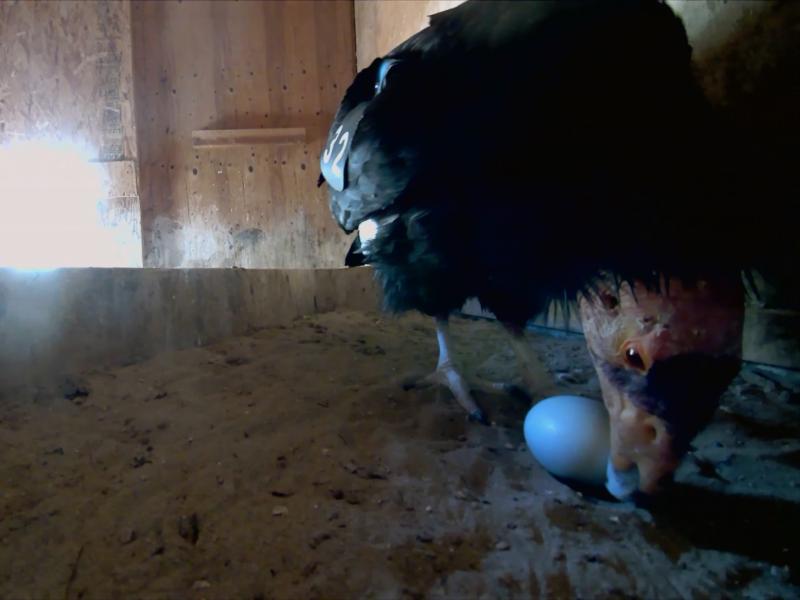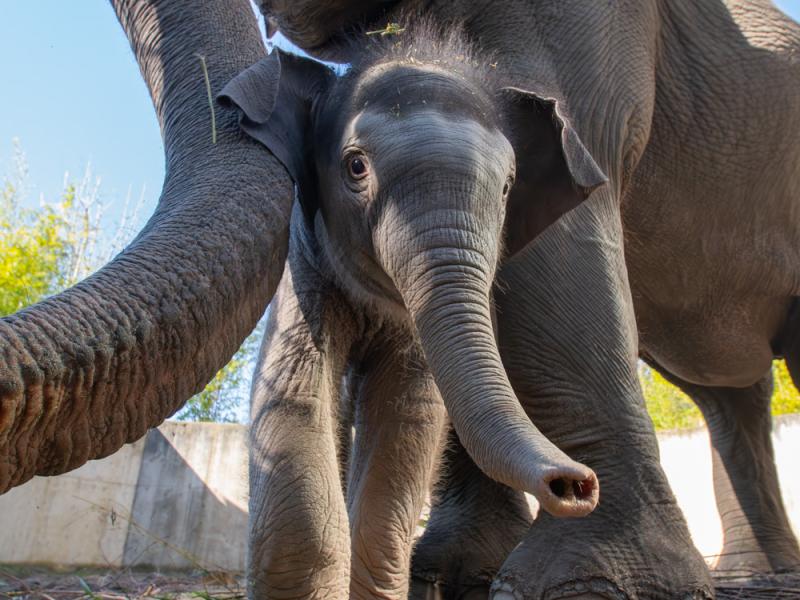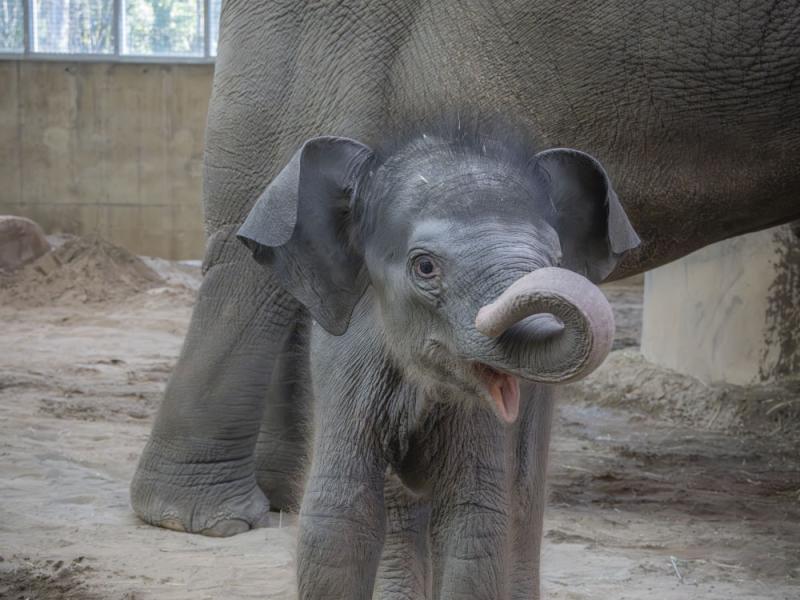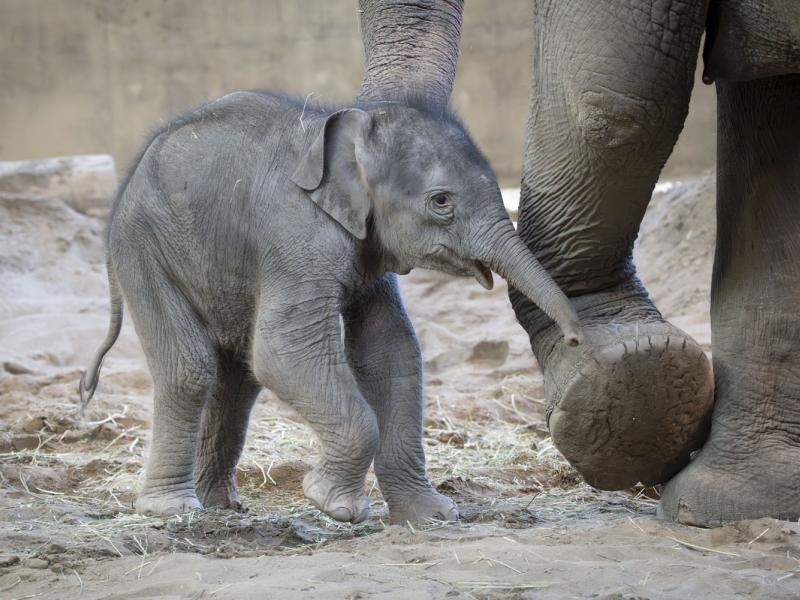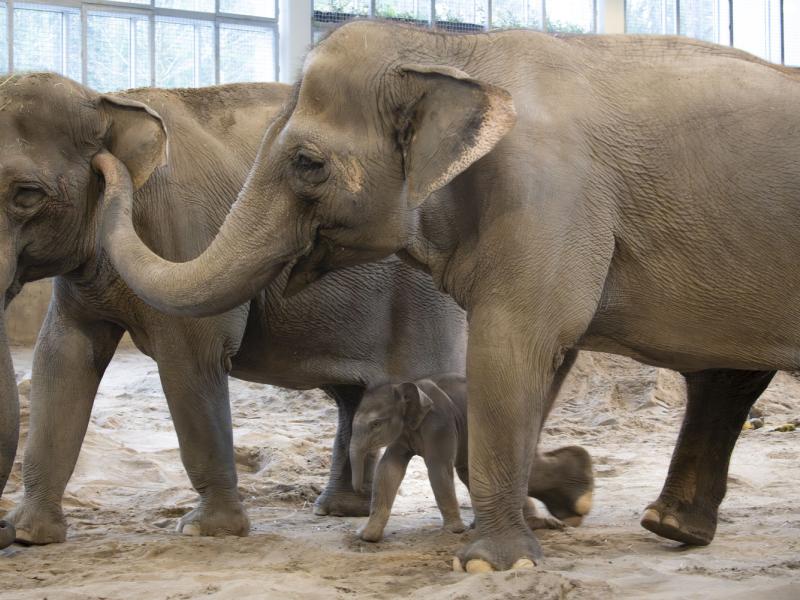News
Featured
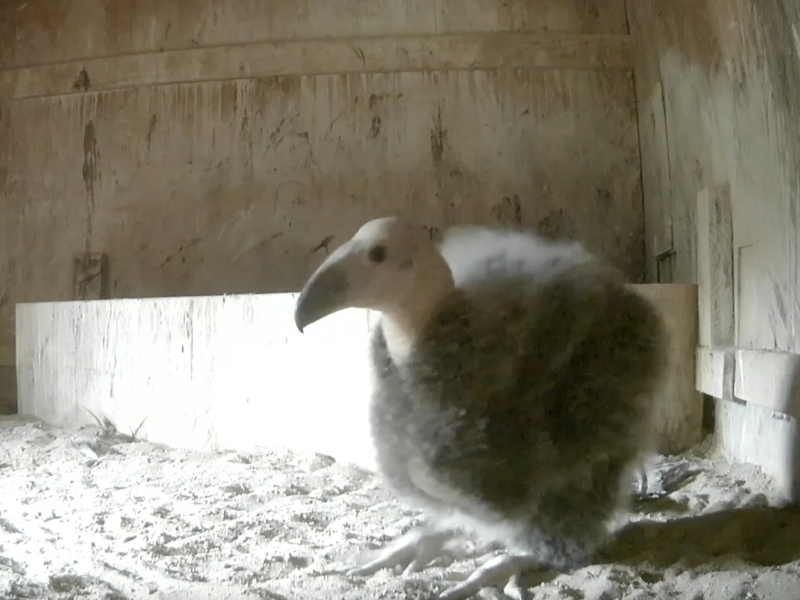
Record hatching year offers hope for endangered condors
Thirteen condor chicks are hopping in their nest boxes at the Oregon Zoo’s Jonsson Center for Wildlife Conservation this month.May 13, 2024
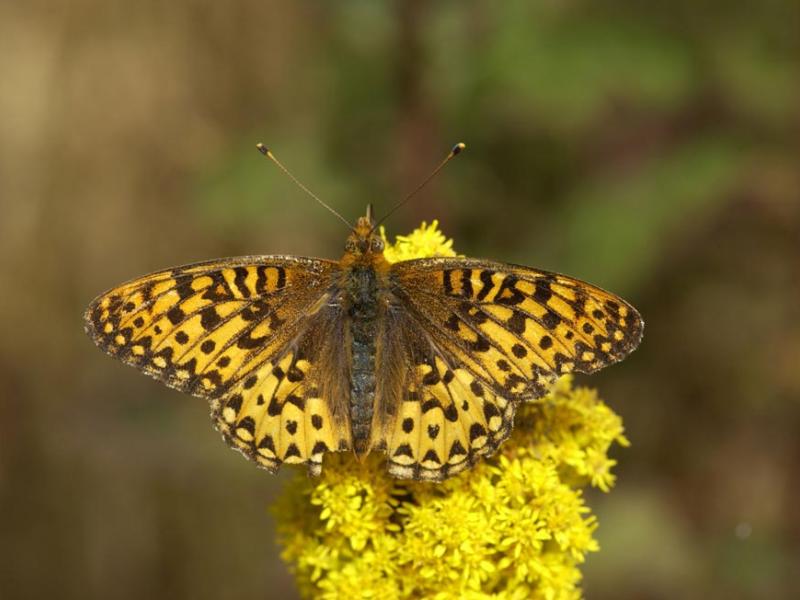
Zoo releases hundreds of rare butterflies into wild
Conservationists transport Oregon silverspot caterpillars to coast rangeMay 26, 2022
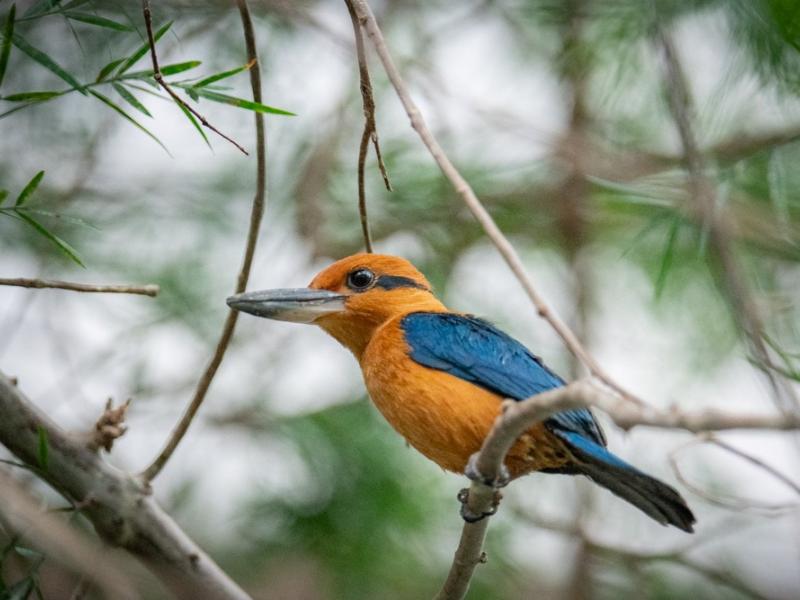
Zoo welcomes ultra-rare sihek kingfishers
The Oregon Zoo is home to many critically endangered species, but perhaps none as rare as its newest arrivals: a trio of sihek kingfishers.April 25, 2024


